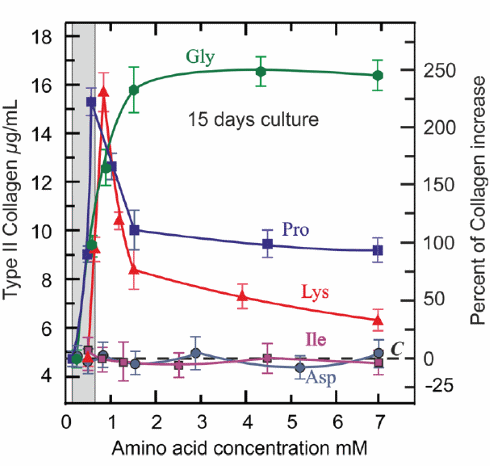Study
All participants received 6 grams of glycine daily for 8 weeks. They took a dose of 3 grams in the morning and another 3 grams in the evening.
There was no control group. The researchers told the participants they were receiving either a placebo or glycine, but in reality, everyone received glycine.
Results
The researchers determined the severity of urinary problems before, during, and on the last day of supplementation using the Overactive Bladder Symptom Score questionnaire. Before supplementation began, the study participants scored an average of 7 on this questionnaire. Their problems were therefore "moderate."
Glycine supplementation reduced the average score to 5.3. The severity of the urinary problems therefore changed from "moderate" to "mild."

Glycine supplementation did reduce the feeling of pressure in the bladder between urination. The feeling of urgency just before urination also decreased, meaning they were less likely to be overwhelmed by the urge to urinate.
Mechanism
Glycine supplementation doesn't make people urinate less often. It doesn't reduce urine production or increase the bladder's storage capacity. However, glycine does make the bladder less irritable.
When a bladder expands, nerves in the bladder signal the brain. In an oversensitive bladder, this signal is too strong. People feel the urge to urinate even when the bladder isn't full. The Japanese suspect that glycine weakens this overly strong signal.
Glycine can interact with glycine receptors, which slow down the activity of irritated brain cells. This occurs in conjunction with GABA and the stimulation of GABA receptors.





